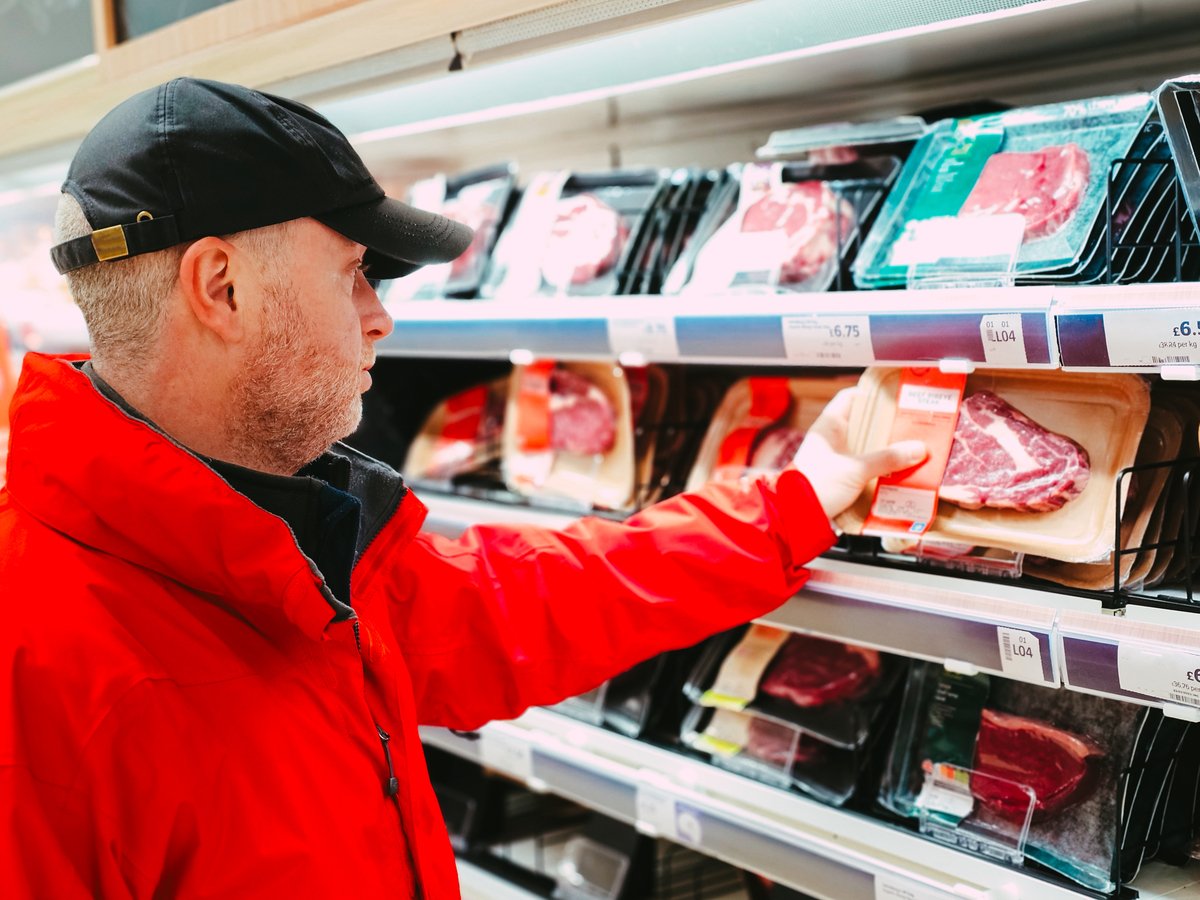Every day, Wall Street analysts upgrade some stocks, downgrade others, and "initiate coverage" on a few more. But do these analysts even know what they're talking about? Today, we're taking one high-profile Wall Street pick and putting it under the microscope...
Beyond Meat (BYND 2.17%) is a phenomenon.
Going public at a share price of just $25, the stock got close to becoming a 10-bagger by late July, topping out just short of $235. It's been all downhill since, however. With investors finally spooked at the sky-high valuation, Beyond Meat has shed a third of its value over just the past six weeks -- and the selling may not be over yet.
Here's what you need to know.

Image source: Getty Images.
Time to sell Beyond Meat?
This morning, investment bank D.A. Davidson initiated coverage of Beyond Meat with an underperform rating (i.e., sell) and a $130 price target.
Now, before I say anything more about this sell rating, it's important to point out: D.A. Davidson does not hate Beyond Meat stock. Far from it. In fact, the analyst praises the company, saying it "has achieved a significant breakthrough which legitimizes a nascent segment (plant based meat)" and suggests plant-based meat could eventually evolve into a large slice of the $1.4 trillion global meat market.
Davidson likes the "quality" of Beyond Meat's portfolio, "its ability to execute," and the business itself. About the only thing the analyst doesn't like, in fact, is the valuation -- because according to Davidson, it's based on a flawed assumption about how big this market can grow.
Meat is sort of like milk
If you recall the early days of Beyond Meat (it shouldn't be hard -- the company only went public in May), the concept of "total addressable market" was key to analysts setting valuations on the stock.
In particular, analysts analogized the market for plant-based meat to that for plant-based milk and other "alternative dairy" products -- soy milk, almond milk, and the like. Currently, such not-really-milk products are worth about $2 billion a year in sales, or 13% of the overall dairy market.
Assuming plant-based meat sales likewise grow to capture a similar proportion of the $1.4 trillion market for meat, therefore, then even if Beyond Meat doesn't capture the whole market (Davidson says a 31% market share isn't out of the question), its sales could one day measure in the tens of billions of dollars. UBS, for example, has predicted that by 2030, we could see as much as $85 billion in annual sales of plant-based meat.
That's as opposed to the $165 million in sales Beyond Meat has racked up over the last 12 months.
But meat isn't exactly like milk
But here's the thing: Consumers who buy plant-based meat may overlap with consumers who buy plant-based milk -- but the populations aren't identical. Some people buy plant-based milk because they want to, either for health reasons or out of environmental concerns. But as Davidson points out, a lot of people buy plant-based milk because they have to -- they're lactose intolerant, and simply can't digest regular milk.
In fact, Davidson asserts that "roughly half" of plant-based-milk buyers do so because they're lactose intolerant and have to buy, rather than because they're vegetarian and want to buy. And that means that the market for plant-based meat, when expressed as a percentage of total meat consumers, could be only half as big as the market for plant-based dairy.
What it means to investors
If you follow Davidson's line of thinking, therefore, then here's the upshot: Even if you assume that Beyond Meat was correctly priced at $235 a share back in July, based on then-current assumptions about the size of the eventual market for plant-based meat, then if that total addressable market gets cut in half, the correct price for Beyond Meat should probably be closer to half of $235 as well.
And with Beyond Meat shares having fallen by "only" one-third from their peak, that means there could still be room for the stock to fall further.






